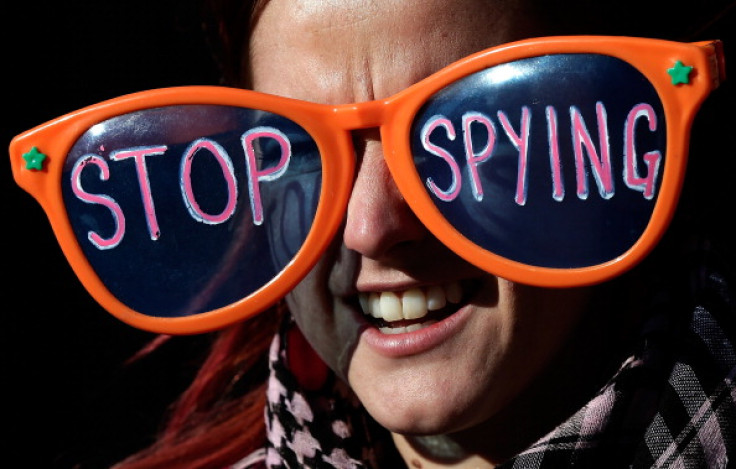Stingray evidence rejected by US federal judge for the first time
The DEA had used a stingray device without a warrant to identify suspect's location.

A US federal judge made history when he ruled out evidence obtained by the use of a stingray – a surveillance device – in criminal investigation in an international drug case. The evidence was gathered by the US Drug Enforcement Agency (DEA) without a warrant, in efforts to identify the suspect's location.
US District Judge William Pauley in Manhattan ruled that defendant Raymond Lambis' rights were violated by the DEA. "Absent a search warrant, the government may not turn a citizen's cell phone into a tracking device," Pauley declared, Reuters reported. This is the first time ever a federal judge has rejected evidence obtained by a stingray device.
What is a stingray?
A stingray is a surveillance device that is designed to hoodwink a user's cell phone into disclosing its location. The device poses as a cell phone tower in order to force cell phones that are in the area as the device to "ping" back to the stingray, which in turn allows law enforcement agencies to track a suspect's phone and determine his/her, exact location.
The use of stingrays has been heavily criticised by privacy advocates, who claim that US law enforcement agencies have secretly used the devices in the past to track suspects, despite the action being in violation of a suspect's constitutional rights to privacy.
"This is the first federal ruling I know of in which a judge squarely ruled that the Fourth Amendment requires police to get a warrant to use a stingray, and suppressed evidence derived from warrantless use of the technology," Nathan Wessler, an attorney with the American Civil Liberties Union (ACLU), told Ars Technica.
According to the ACLU, 66 agencies across 24 states in the US and the District of Columbia own stingrays. However, the figure falls short of accurately representing the actual number of stingray devices in use, given the clandestine nature surrounding the purchase of the devices.
The use of stingrays has recently come under the spotlight and several US states, including Washington, California, Virginia, Utah and Minnesota, have made it mandatory for law enforcement agencies to use the devices only in the event that a warrant has been issued.
Following the ruling, the defendant's lawyer Bernard Seidler, said that it was still unclear if the drug case against Lambis would now be dismissed.
© Copyright IBTimes 2024. All rights reserved.






